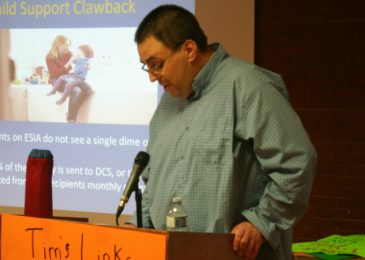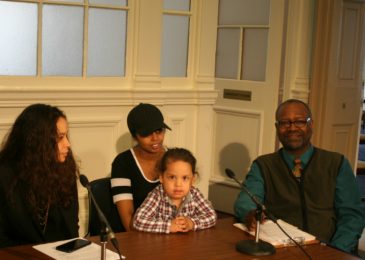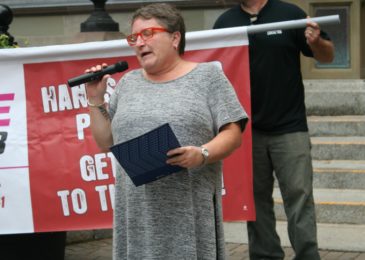Announcing the Nova Scotia Advocate weekly digest
As of today the Nova Scotia Advocate is pulling the plug on the email updates subscribers receive each time we post a new story. Instead, we will now send out a weekly digest, showing all the articles you might have missed that were published over the last week.










